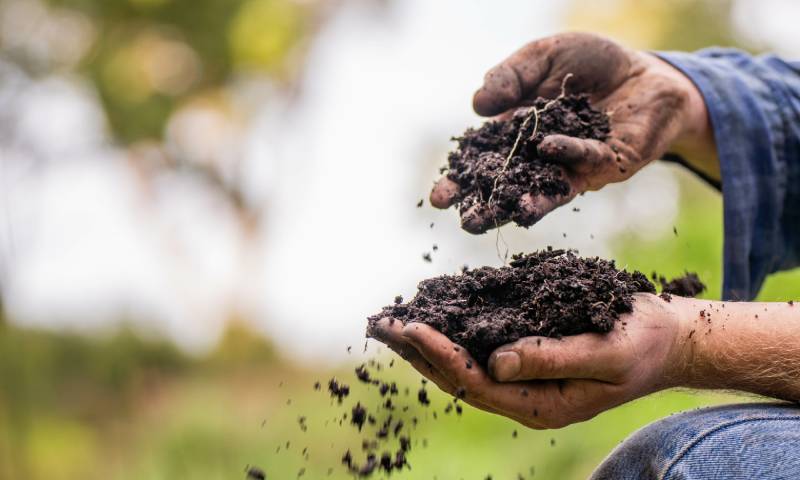Why Soil Sampling is the Key to Unlocking Sustainability

Sustainability in agriculture and land management starts with understanding the foundation of every successful ecosystem—soil health. Without proper knowledge of soil composition, nutrient levels, and potential contaminants, efforts to improve sustainability may fall short. Soil sampling provides critical data that allows farmers, conservationists, and environmentalists to make informed decisions. By utilizing this practice effectively, land use can be optimized for productivity while minimizing environmental impact. Here’s why soil sampling is the key to unlocking sustainability.
Optimizing Nutrient Management
Healthy soil requires a balanced mix of nutrients to support plant growth and maintain biodiversity. Soil sampling helps determine precise nutrient levels, allowing for targeted fertilization rather than broad applications. Overusing fertilizers leads to nutrient runoff, which contaminates waterways and disrupts ecosystems. By applying only what the soil needs, farmers can reduce waste and improve crop yields without unnecessary environmental strain. This precision ensures long-term soil fertility while preventing excessive chemical use.
Reducing Soil Degradation and Erosion
Erosion and soil degradation are major threats to sustainable land use. When soil is depleted of organic matter or nutrients, it loses its ability to support plant life and becomes more susceptible to erosion. Soil sampling identifies areas at risk, allowing land managers to implement strategies such as cover cropping, no-till farming, and organic amendments. These proactive measures protect the land from degradation while promoting resilience against extreme weather events and climate change.
Enhancing Water Conservation Efforts
Water efficiency is a crucial component of sustainability, and soil sampling helps ensure responsible water use. By analyzing soil composition and moisture retention capabilities, farmers can determine optimal irrigation practices. Overwatering not only wastes a valuable resource but also contributes to soil erosion and nutrient leaching. Understanding how soil retains moisture allows for smarter water management strategies, reducing reliance on irrigation and preserving groundwater supplies for future generations.
Supporting Sustainable Practices in Agriculture
Soil sampling in agriculture is an essential tool for transitioning to sustainable farming practices. Whether integrating regenerative agriculture, precision farming, or organic methods, soil testing provides the data necessary for long-term success. By monitoring changes in soil health over time, farmers can adjust their techniques to maintain productivity while reducing environmental impact. Sustainable farming relies on detailed soil analysis to balance food production with responsible land stewardship, ensuring agricultural viability for years to come.
Now that you know why soil sampling is the key to unlocking sustainability, you can see how it supports responsible nutrient management, water conservation, and soil health preservation. By prioritizing soil health through regular testing and analysis, farmers and land managers can create a future where productivity and sustainability go hand in hand.
Would you like to receive similar articles by email?




